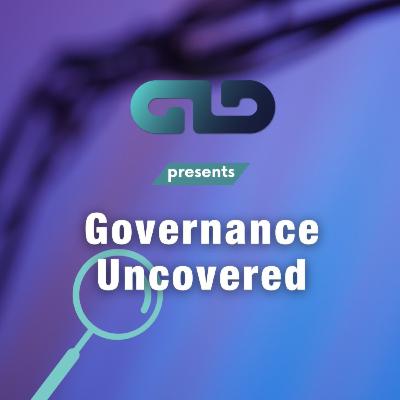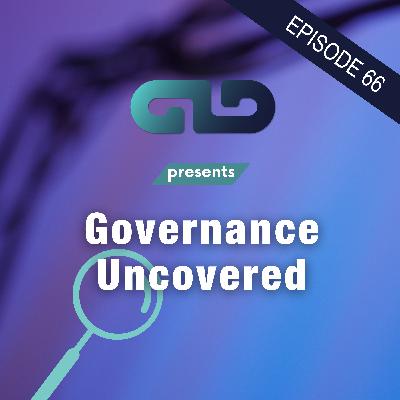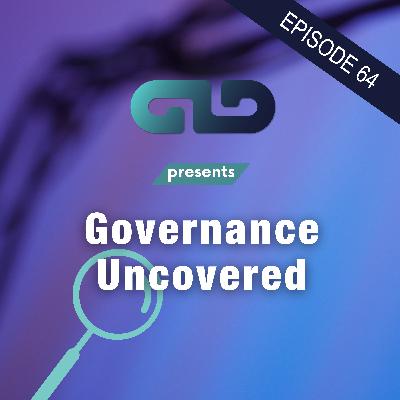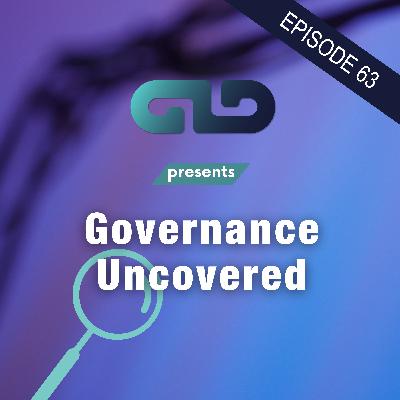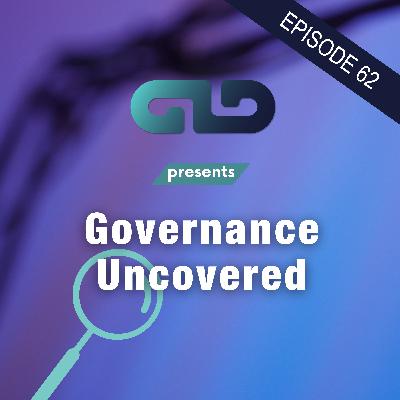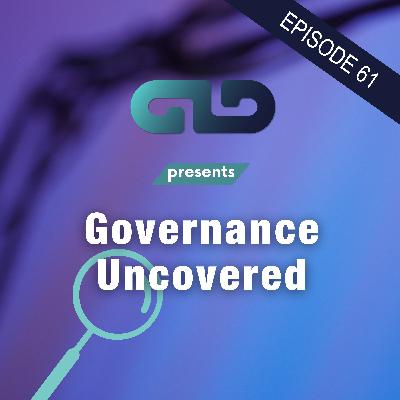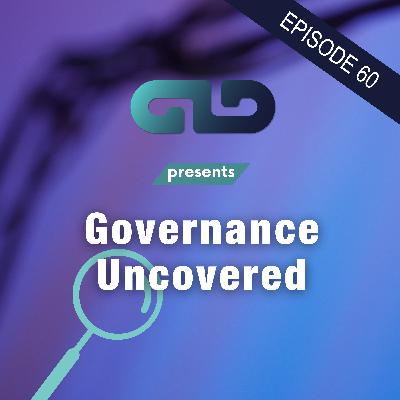
Governance Uncovered: Local Politics and Development
Author: GLD
Subscribed: 8Played: 65Description
Welcome to Governance Uncovered, your ultimate resource for understanding the intricacies of governance, state and non-state actors, and local development dynamics. Whether you're a student, professional, or simply curious about political science, this podcast is your gateway to learning from the best experts in the field. Join us as we delve into how governance shapes societies, influences political decisions, and drives local progress.
Governance is the overall complex system or framework of processes, functions, structures, rules, laws, and norms borne out of the relationships, interactions, power dynamics, and communication within an organized group. Our episodes break down these elements to provide you with a comprehensive understanding of how governance affects every aspect of our lives.
Tune in to Governance Uncovered for insightful discussions, expert interviews, and in-depth analyses that will broaden your perspective on governance and empower you to become more informed and engaged in political discourse.
This podcast is brought to you by the Governance and Local Development Institute, supported by the Swedish Research Council.
Hosted on Acast. See acast.com/privacy for more information.







